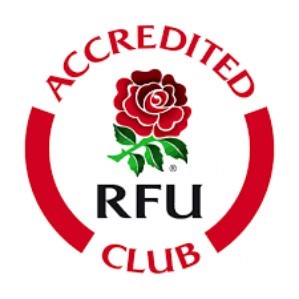Who We Are
Hornsea RUFC’s first ever game was played in April 1924 on a local football pitch. A group of enthusiasts fixed the match to see if it was worth trying to form a rugby team. Hessle RUFC, who are still local rivals and friends to this day, were the opposing side. Around thirty local players turned up. Hornsea won. It is not known whether the result was contrived. It is known that the Hornsea Rugby Union Football Club was on its way.
The club was formed in September 1924 with many of its players being ex-public schoolboys already knowledgeable in the pleasures and strategies of the game.
In 1928 John Hollis, a respected and established local business man, gifted the Recreation Ground to the community. It was the express wish of John Hollis that the area incorporated pitches for both the rugby club and the cricket club. Dr Bickmore, the headmaster of St Bede’s school, allowed the rugby club the use of the school changing rooms on match days.
By 1929/30 the club were playing fixtures against the likes of Hull & East Riding, Headingley Old Boys and Morley all being more established and experienced. The club was running three teams with the first fifteen having an excellent season winning 22 matches out of 27 played.
The club continued to progress up to rugby rivalries being suspended during the Second World War.
The first post war match was played on Easter Monday 1946. Sadly the glory days were gone. There was a death of players and a lack of finance and the club were without proper changing facilities and still relying on the generosity of the local community. This situation prevailed for several years however matters improved in 1955 thanks to the tenacity of the members and help from Hull Brewery. Changing facilities were provided at the rear of the Rose & Crown. The club had a dedicated hot bath and a secure social base at last.
The improvements re-energised the club and produced a revival of fortunes with the joining of several new players, one of whom went on to play rugby league for Hull Kingston Rovers as well as playing for a combined team against the touring Australians.
The Hornsea club was once again an established force in the area.
A second, and adjoining, parcel of land was gifted to the community of Hornsea in 1947. This area of land was to be known as the ‘Jessie Davies annex’. A condition of the gift was that the land incorporated a second rugby pitch for the rugby club.
The club continued to provide a rugby opportunity for the community throughout the fifties and sixties however player expectations were changing. By 1971 the majority of clubs had their own clubhouse and changing facilities adjacent their playing areas. The rugby club were going through a particularly strong period with four teams taking the field each week. The Rose and Crown facilities were now inadequate and the walk from there to the ground and back was not appreciated. There was also the issue of potential bar income to be considered.
The Hornsea club committee had, on numerous occasions during the sixties, attempted to negotiate with the local cricket club, who also played on the recreation ground and had their own changing accommodation and clubhouse, with a view to building extensions and a partnership arrangement. The cricket club, valuing their autonomy, inevitably rejected these overtures however by 1971 the prospect of continuous income throughout the year proved too good opportunity to miss and an alliance was formed.
The Hornsea Sports Association was born. The old cricket clubhouse and changing rooms were refurbished and extended. Hornsea rugby players were again competing on level terms.
Standards were maintained throughout the seventies and eighties however the introduction of comprehensive education resulted in fewer boys travelling to Bridlington Grammar School (an established rugby school) with an inevitable reduction in the number of new players joining club each season. The local comprehensive school centred its winter sports activity on soccer and in any event teaching attitudes were changing with the general emphasis on sport being diluted. The Hornsea club’s response was to set
up a mini/junior section with a view to creating its own player pool from scratch. The club continued to flourish.
The introduction of league rugby closely followed by the open philosophy embracing professionalism was presumably intended by the governing body to be a catalyst for progress. This proved not to be the case for Hornsea. The Hornsea club accepted league rugby however they rejected all suggestions that players should be paid. The general Hornsea membership view was that the privilege of playing was its own reward and worth paying for. This resulted in an exodus. The Hornsea club, whilst remaining strong at mini/junior level, was reduced to two adult teams.
An accommodation has now been arrived at whereby the Hornsea club actively solicit sponsorship. This reduces the burden of payment on the players however it still does not accede to player payment. Other local clubs are now more aware of the problems associated with paying players and less likely to commit beyond their means. This has resulted in many wayward players returning to, and being welcomed by, the club. The exodus flow has been stemmed. Player numbers are increasing.
At the present time Hornsea RUFC have a ‘rugby for all’ policy and continue to focus on mini/junior/youth rugby. The club are in a partnership arrangement with local schools and the local authority.
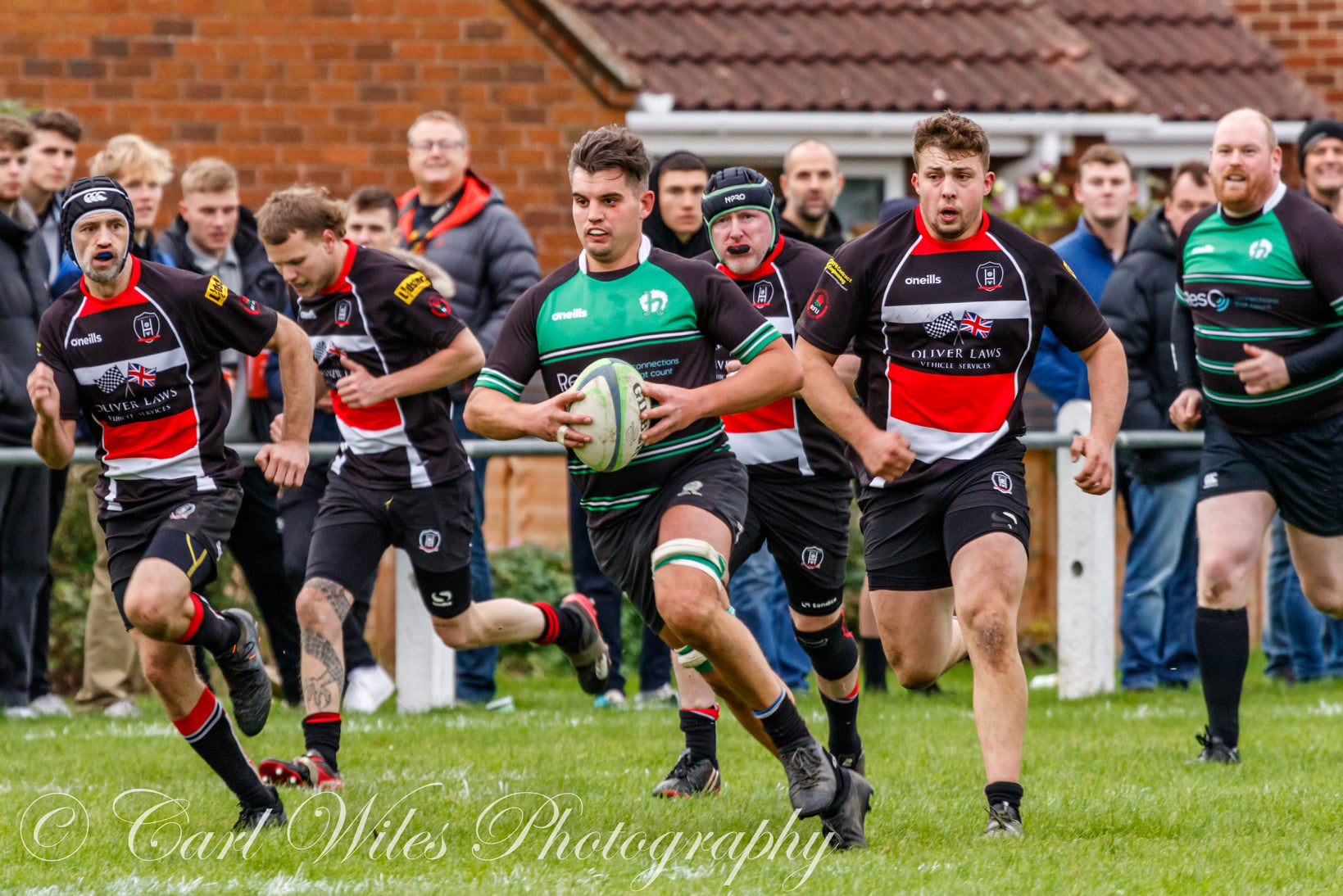
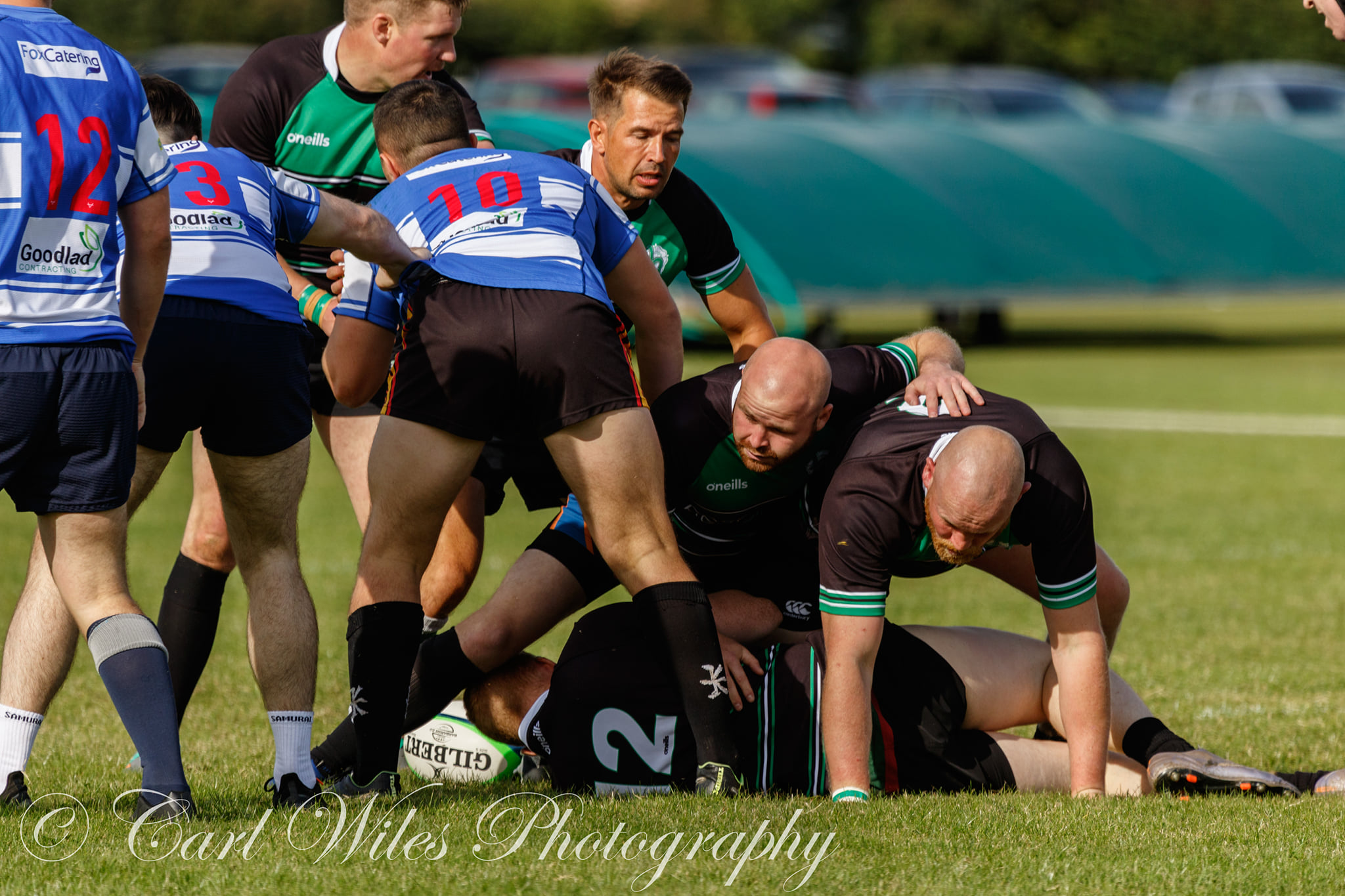
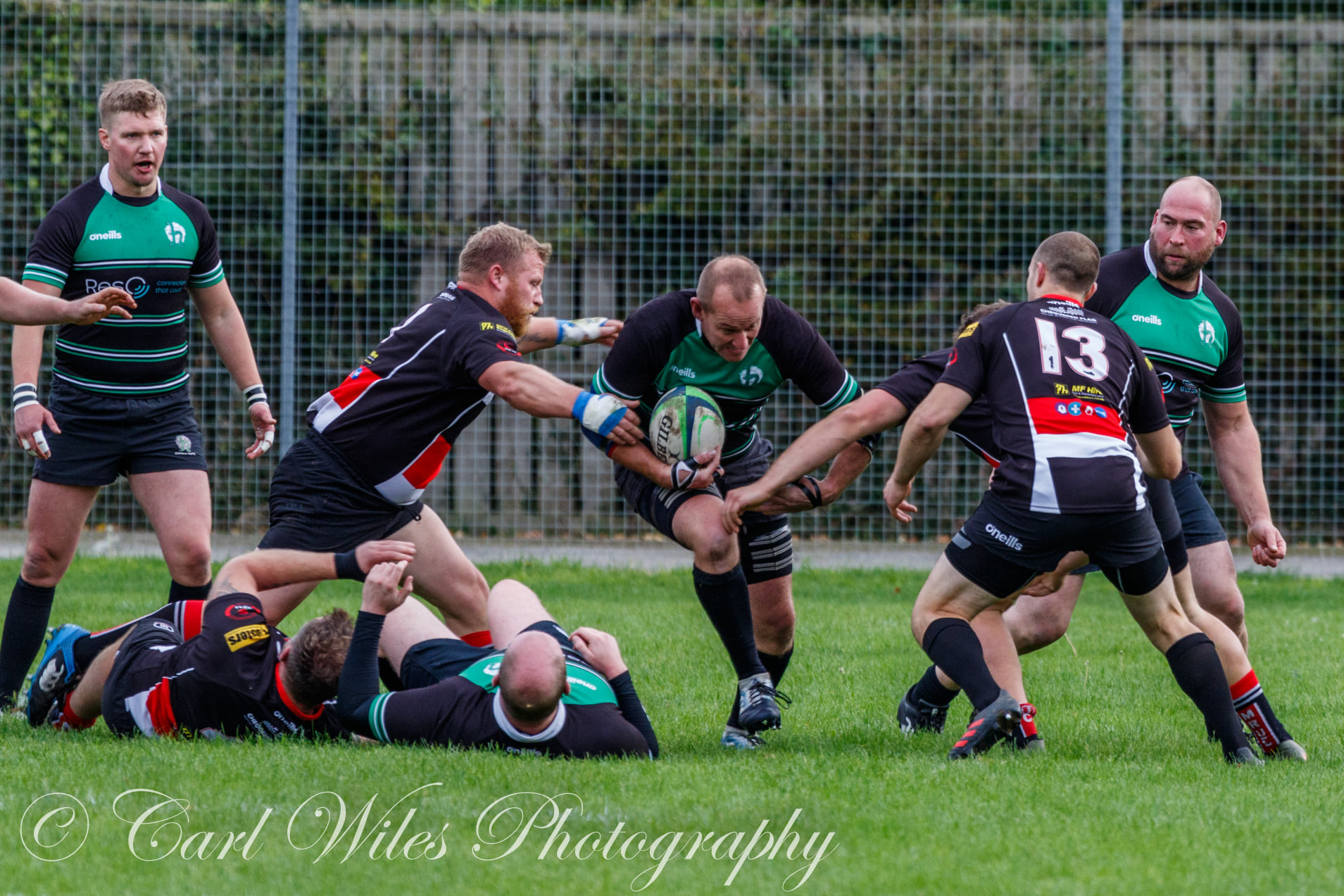
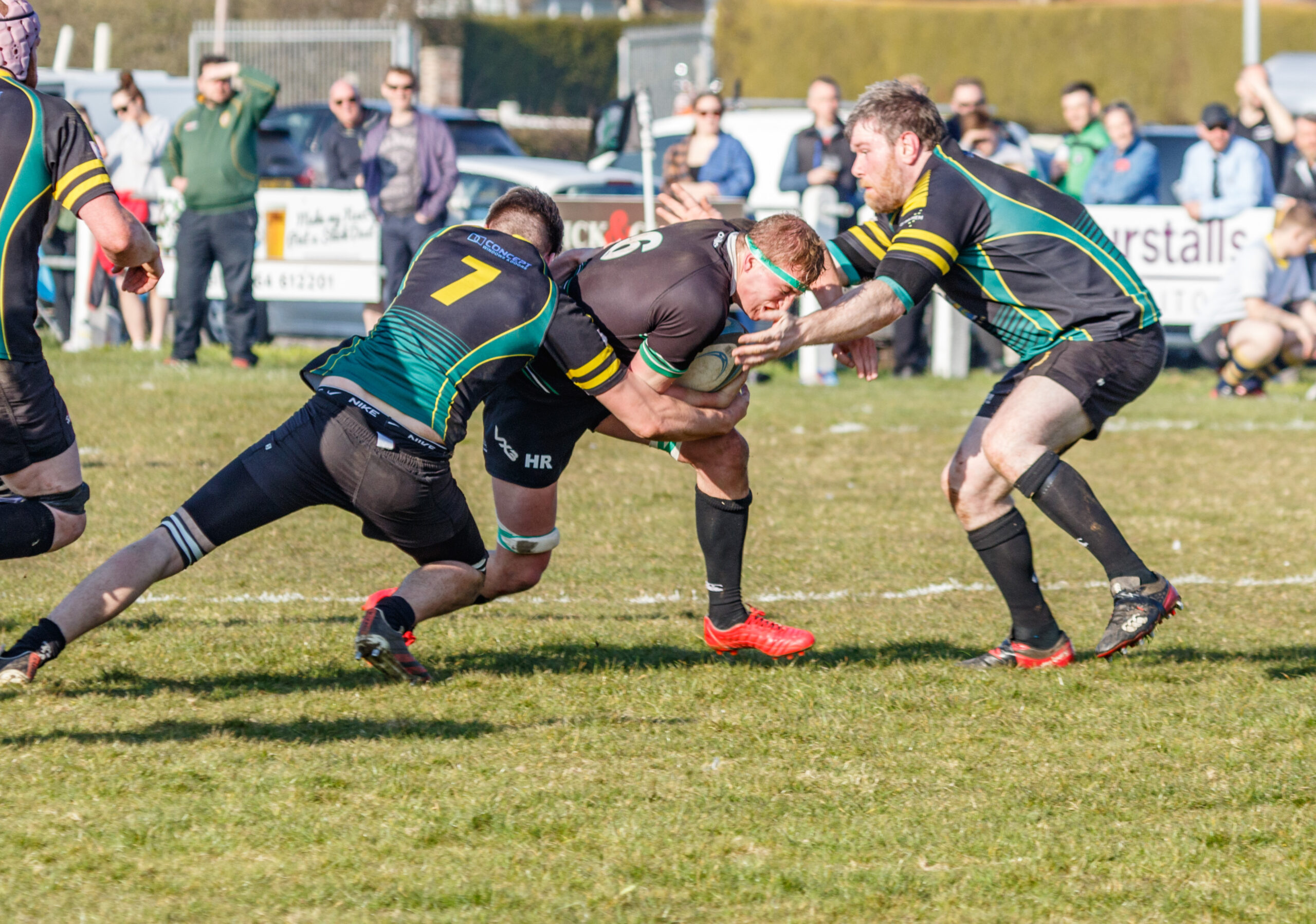
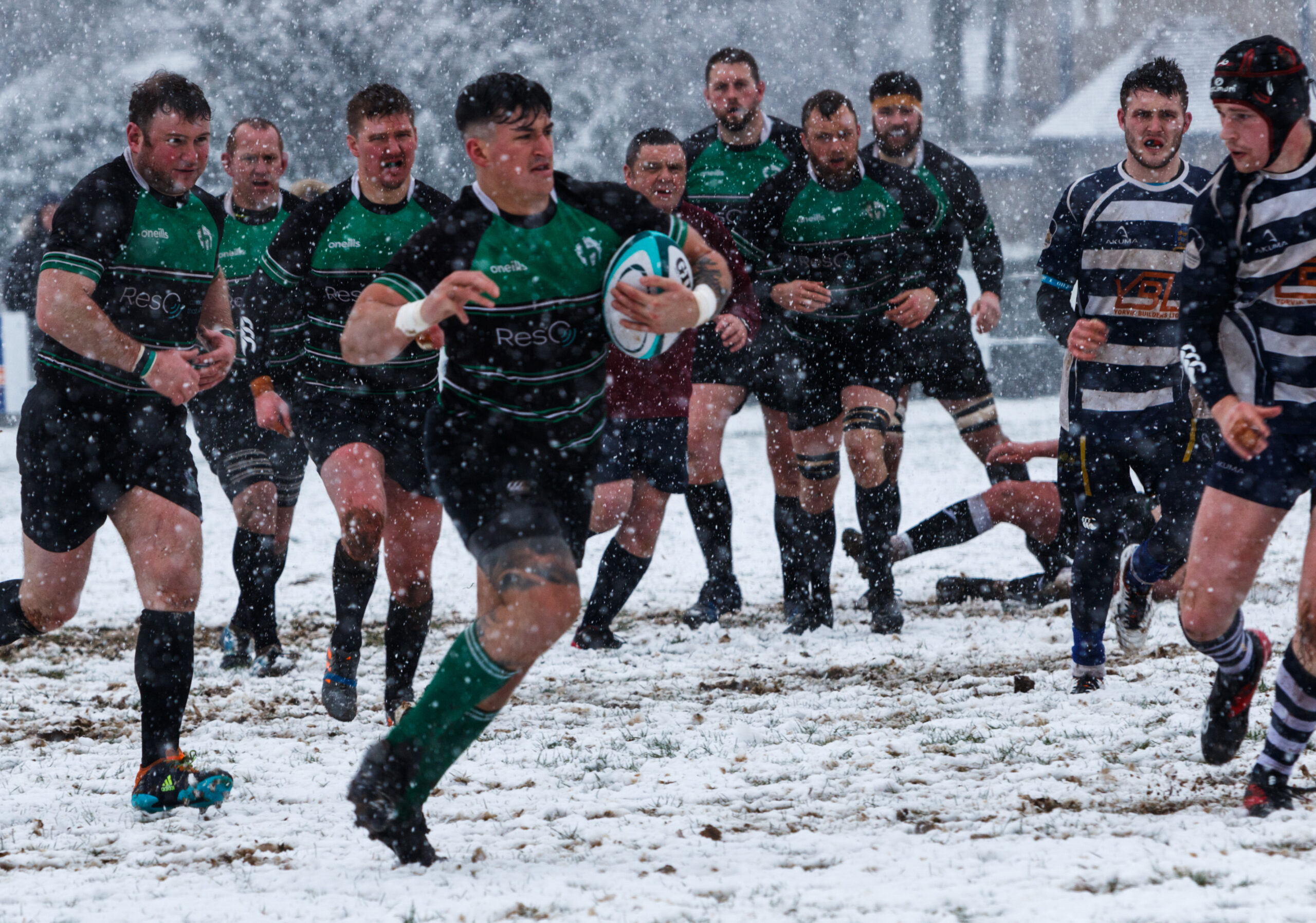
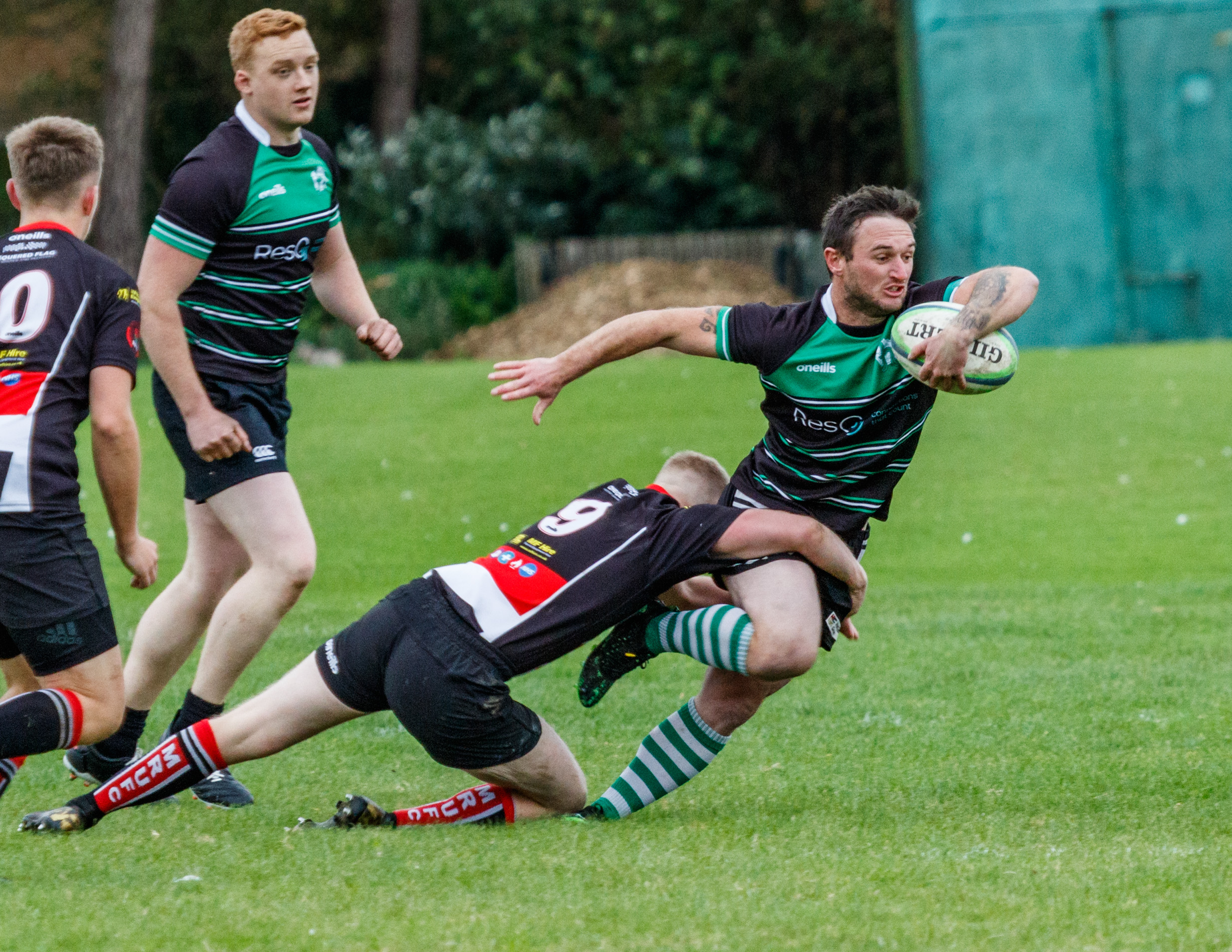
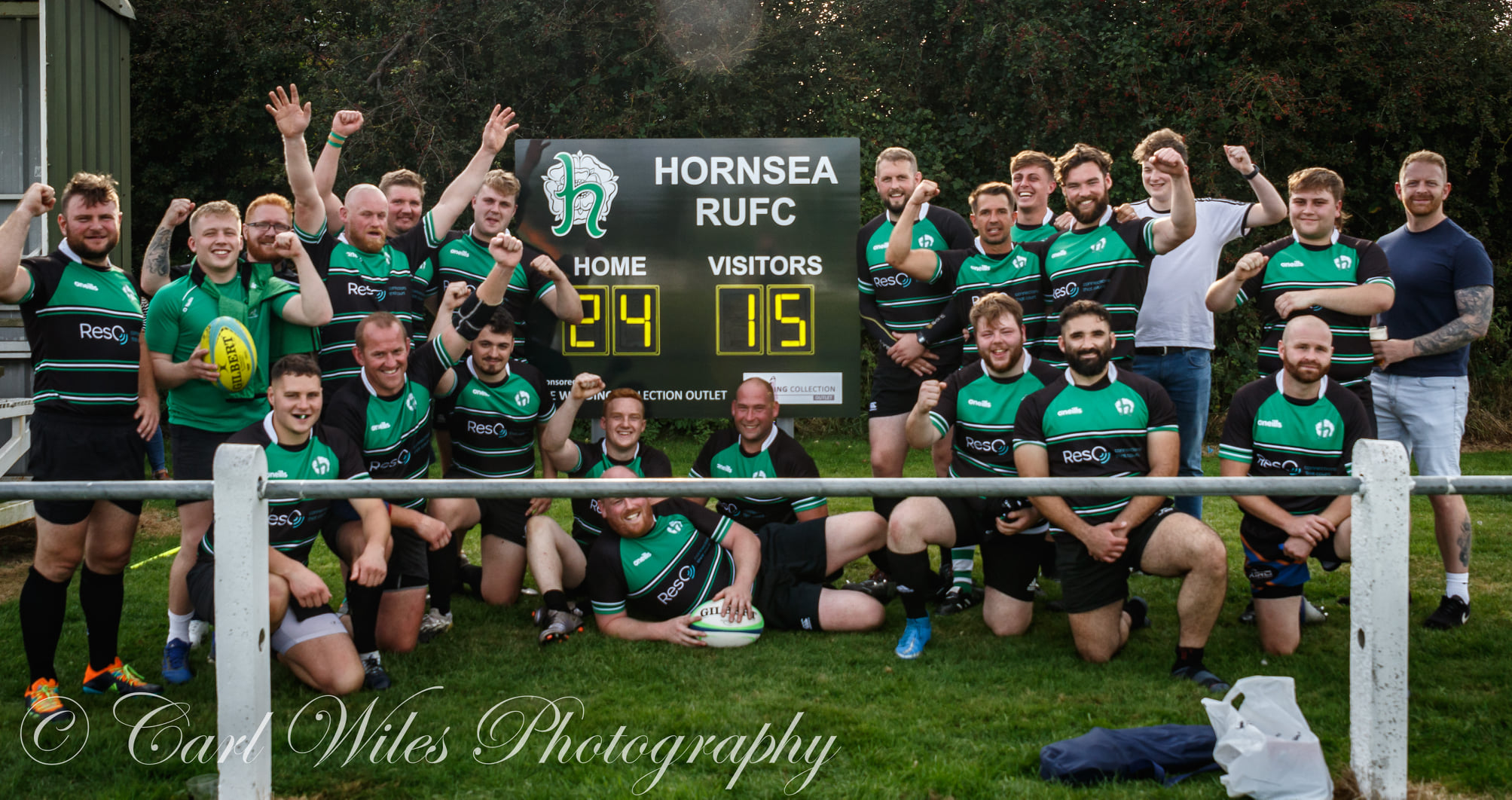
Contact Us
Postal Address :
Lynda Carmichael
Honorary Secretary Hornsea RUFC
The Coach House,
Northumberland Avenue,
Hornsea,
East Yorkshire,
HU18 1EQ

